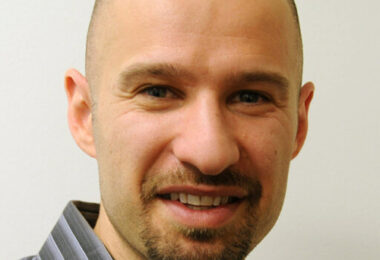The Rao lab investigates how the neural networks of the gut detect and use information about nutrients, microbes and hormones to regulate intestinal motility, immune responses and tissue repair.


The Rao lab investigates how the neural networks of the gut detect and use information about nutrients, microbes and hormones to regulate intestinal motility, immune responses and tissue repair.

Dr. Rothlin’s research focuses on the mechanisms that underlie the regulation of inflammation and the homeostatic control of immune function.

Dr. Segal is part of a multi-disciplinary lab of computational biologists and scientists focusing on microbiome, nutrition, genetics, and gene regulation in health and disease.

Dr. Simon’s group is trying to understand the role of autophagy in immune cell fate mechanistically by identifying the autophagosomal cargo in vivo and during cell division and how autophagy in the microenvironment impacts on immune cells.

The Sumagin lab is exploring the roles of innate immune cells in regulating intestinal homeostasis, wound healing, host pathogen interactions and cancer development. They are using various approaches to study leukocyte trafficking in mucosal tissues.

The Talbot lab investigates how food and microbes are sensed by neurons in the gut and their influence on immunity, nutrition, and metabolism.

The ThaissLab is interested in understanding the environmental impacts on human physiology. Deciphering the role of environmental and lifestyle elements will transform the ability to decode host-environment circuits that regulate physiology.

Dr. Travis aims to identify key cells and molecules that control immune responses in health and disease. He is focused on how myeloid cells control immune reactions in the intestine to understand what goes wrong during IBD and infections of the gut.

The Wang lab aims to apply advances in engineering to improve disease treatment. They developed a novel approach to treat autoimmune diseases using lessons they learned and cutting-edge techniques like glycoengineering and tissue engineering.

The Kohan lab focuses on the role of lipoproteins in regulating cellular metabolism in the immune system and the intestine, and the consequences for human disease.